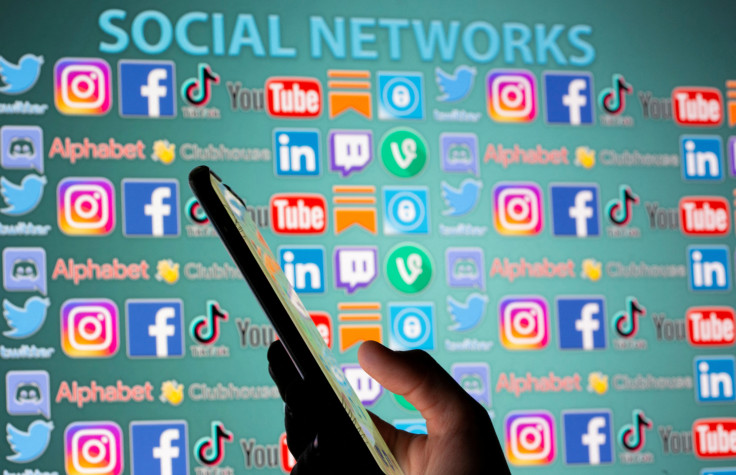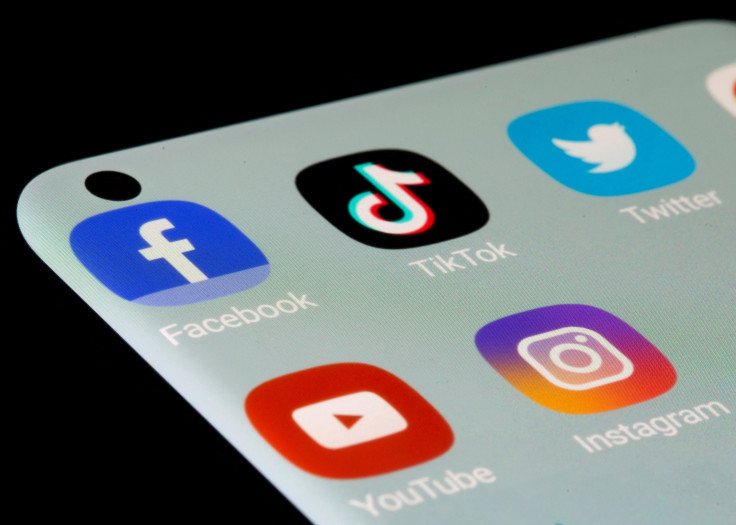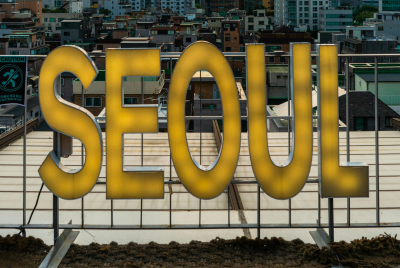The benefits of taking a break from social media
Taking a break from social media can be very difficult, but it can also provide refreshing results and largely benefit mental health.

The next time you leave your house and go out into a public space, like a park, street or the Central Line, take a good look around you. Because I'm certain that you will see, at the very least, a dozen people on their mobile devices, incessantly and obsessively scrolling through social media.
The reason for this is simple – everyone lives online these days. Online businesses have skyrocketed, the majority of courses are now conducted from a computer, colleagues communicate over Skype and Zoom instead of in person, and we use a countless number of apps to find love, friendship, fashion and nearby places of interest.
And then, of course, there is social media. Sure, it may keep us connected to our loved ones, social circles, creative communities and humorous videos, but it's extremely easy for this frequent use of the platforms to develop into a deadly, time-consuming addiction that prevents us from enjoying our physical lives.
Social media addiction occurs when the use of platforms such as Facebook, Twitter and Instagram becomes excessive and gets in the way of your everyday lifestyle. You might start to get increasingly irritated and frustrated with the content on your feed, or maybe you stay up until the early hours of the morning on your phone, thus affecting your precious sleep pattern.
You might also feel like you're missing out on something and experience feelings of sadness and loneliness; this is a very common side-effect of excessive social media users known as FOMO (Fear Of Missing Out). Like all addictions, social media addiction can also be detrimental to your health.
To combat social media addiction, why not consider taking a break or an indefinite amount of time away from these online platforms? The results can make a significant difference, trust me.

First off, try uninstalling all your social media apps, or at the very least, turn off your notifications for these platforms. It doesn't have to be for long – perhaps a week? I know it's difficult – you want to see what exciting and exuberant activities your friends and family are up to and also keep in contact. But you've lived vicariously through their posts for long enough, now it's time to focus on you living your life.
If you're someone who is easily distracted by social media and using your phone, then this will obviously prove to be more difficult to resist the temptation of scrolling down the rabbit hole. The key to this is finding a new distraction and committing to it in a healthy way.
Why not try reading? Fiction, poetry, classic literature or, even better, a little self-help book to improve your peace of mind. Why not learn an instrument? Why not learn a new language? Why not buy a camera and take some aesthetically-pleasing snaps of nature or the landscape? Why not travel somewhere you've never been to? Why not spend a day outdoors walking around the city, basking in the sunshine, witnessing life and going to the places you want to go, not where a convoluted advert on social media persuades you to go? You are in charge, no one else.
The possibilities truly are endless. It may become tempting to post about your new hobby, obsession or travel plans on social media, but why not keep it to yourself? Focus on you, your plans and what would make you happy.
A social media detox has been proven by various clinical research studies to improve sleep patterns, promote well-being, provide a more positive mindset, and reduce feelings of stress, anxiety and depression.
I tried it myself more recently and, although very difficult, by the end of the first week, I realised that I didn't need to rely on social media for serotonin or distraction. My sleep pattern even improved – no longer did I spend two hours on Instagram before trying in vain to get a good night's rest, and no longer did I wake up and instantly check to see if my post had received a high number of likes and comments. I realised that this was purely unnecessary, and I turned my energy towards something that actually gave me a strong sense of fulfilment, like writing, for instance.
© Copyright IBTimes 2025. All rights reserved.






















